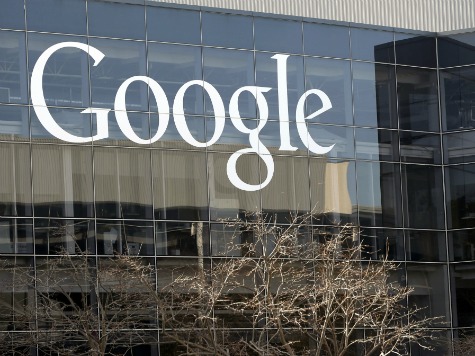Five months after the landmark ruling by the Court of Justice of the European Union ordering Google to remove links to webpages in a “right to be forgotten”, Google has released data on the more than 142,000 requests received from across Europe, including examples – both successful and unsuccessful – of real requests made. They include a successful request by a British man to have a news summary of magistrates court proceedings, which included a guilty verdict leading to a conviction which is now spent, to be removed, and the removal of links to personal details for a British doctor who botched a procedure, although links to reports on the incident were left intact.
Google’s form went live on May 29th. Since then, Google has received 146,357 requests, and has evaluated 498,737 URLs for possible removal. In total, 58.2 percent of the links were not removed, whilst 41.8 percent were removed. In Britain, 18,486 requests were made, to remove links to 63,616 URLs. 35.4 percent of requests were successful, whilst 64.6 percent were refused.
The most requests were from France, Germany, UK, Spain and Italy in that order; in both France and Germany just over half of all URLs named were removed. Other successful requests included a German man who asked for 50 links to articles about an embarrassing private exchange to be removed, and a German rape victim who requested a link to an article about the crime be removed. Unsuccessful examples include a Swiss financier who asked that more than ten links to reports on his arrest and conviction for financial crimes be removed, and a British public official who asked for links to a petition calling for his dismissal to be removed.
In a blog on the data report, Jess Hemerly, Public Policy Manager for Google wrote “We believe it’s important to be transparent about how much information we’re removing from search results while being respectful of individuals who have made requests. Releasing this information to the public helps hold us accountable for our process and implementation.
“We’re also providing some data about the domains that appear most frequently in URLs that individuals ask us to remove. Among these top 10 domains are Facebook, Badoo, and two Google-owned and operated sites, YouTube and Google Groups — both of which have their own mechanisms to request removal of content directly from the platform.”
Links to 3353 Facebook URLs have been removed from Google, whilst links to 2397 YouTube URLs got the chop.
The right to be forgotten was established by the court on May 13th this year following a challenge by a Spanish man who Googled his name and found that it brought up a Spanish newspaper article from 1998 about an auction for his foreclosed home, and a debt which he later paid. The court decided that citizens could request that any links to information that is “inadequate, irrelevant or no longer relevant” be removed. The onus is then on search engines such as Google to assess each request, and to remove any links where the individual’s right to privacy would overrule the public interest in allowing the link to remain.
The ruling was quickly criticised by many, including Niko Harting who said “Privacy by default will encourage politicians, celebrities and other public figures to put their lawyers on track when they find inconvenient information online,” whilst on his blog, Member of Parliament Douglas Carswell wrote “The Euro court ruling means that Google must remove links that appear even if the links are to data that is 100 percent accurate. That means you will no longer be free to read things that are correct and true. Who do you imagine will benefit from that? You, or the politicians and the powerful?
“The Euro court ruling is techno illiterate and a threat to the free market in ideas that the internet gives us.”
The House of Lords undertook a report into the ruling and found that the legal right to be forgotten, used by the court to justify their decision and enshrined in EU legislation created three years before the founding of Google, was “misguided in principle and unworkable in practice”. Baroness Prashar, Chairman of the Subcommittee that created the report said “We do not believe that individuals should be able to have links to accurate and lawfully available information about them removed, simply because they do not like what is said.”

COMMENTS
Please let us know if you're having issues with commenting.